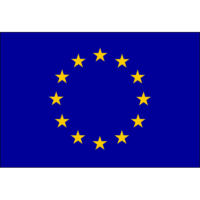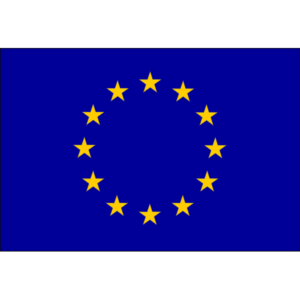Retail sales in the eurozone experienced a modest increase in August, showing a recovery after a stagnant performance in July. According to recent data from Eurostat, retail trade volumes in the euro area grew by 0.2% compared to the previous month, with the broader European Union seeing a slightly higher increase of 0.3%. This improvement follows a revised flat reading for the eurozone in July and a minor 0.1% rise in the EU for the same period.
On a yearly basis, the eurozone saw retail sales rise by 0.8%, while the EU experienced a stronger increase of 1%. Although the monthly figures met economists’ expectations, the annual growth for the eurozone fell short of the predicted 1%, indicating a slight weakening in consumer spending across the region.
Different product categories showed varying results. Sales of food, drinks, and tobacco rose by 0.2%, while non-food items, excluding automotive fuel, saw a 0.3% increase. A notable exception was motor fuel, which recorded a significant growth of 1.1% in specialised stores.
Among individual member states, Luxembourg led the way with the highest monthly increase in retail volumes, posting a 5.3% jump. Cyprus and Romania followed, with respective increases of 2.2% and 1.6%. On the other hand, Denmark experienced the sharpest decline, with retail sales falling by 1.5%. Slovakia, Bulgaria, and Croatia also saw negative growth, each reporting a decrease of around 0.7%.
Fidelity European Trust PLC (LON:FEV) aims to be the cornerstone long-term investment of choice for those seeking European exposure across market cycles.



